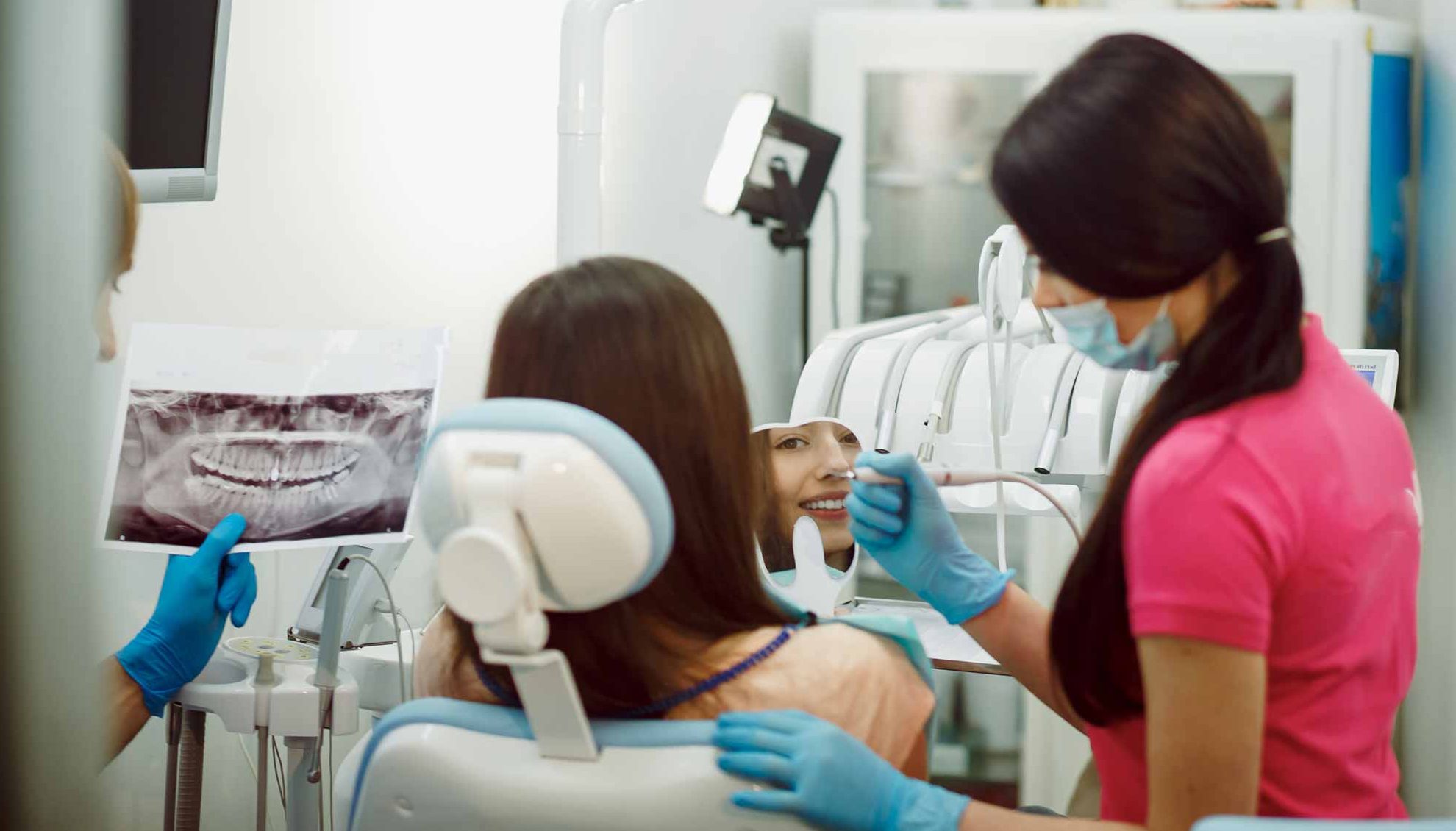 Many new graduates are put off NHS dentistry from the outset. Fahad Khan explores their options and how to move on from NHS dentistry.
Many new graduates are put off NHS dentistry from the outset. Fahad Khan explores their options and how to move on from NHS dentistry.
Associates are arriving fresh from university and colleagues and practice principles provide an early insight into the short falls of the UDA system . A recent survey shows up to 89% of NHS dentists are unhappy with the current system.
New graduates are salaried for the first year, so have some respite. But into the UDA chase they go the year after. Some inherit stable lists, but the vast majority inevitably encounter new patients who require a whole host of dental treatment for three UDAs. Or, if they are lucky, 12. Many experience first-hand the pitfalls they hear warnings about.
What is the ultimate goal for an NHS associate?
Working to become a practice principal or owner? Many principals year on year find themselves in an accrescent management role, working to reduce overheads and chase UDA targets. Arguably new dentists should chase a higher level of clinical skill and new competencies.
Clearly there are some positives to being a practice owner, but the current pandemic highlights how multifaceted an NHS dental practice is. And, more importantly, how they are at the behest of decisions made by NHS England. As are associates to a lesser degree.
This undefined period is stressful for everyone in dentistry, but in particular the practice owners. Many feel let down by NHS England, but is NHS England’s response surprising? Has past experience taught us to expect anything different?
On balance those at Skipton House have a difficult task and these are ‘unprecedented times’. But this is repelling associate dentists further away from aiming to take on these practices, that require you to relinquish control.
Private dentistry
An alternative option is to be a long-term associate and never make the jump to principal or owner. The steady stream of patients and basic treatment modalities suit many people. But associates usually reach earning ceilings within the first few years of practice, only earning with one pair of hands. So, whilst suitable for some years, many look for more.
We all are well aware of the difficulties fully private dental practices face. Owners and associates alike have found these times to be very challenging. But what private practice encourages is development of new skills, advanced treatment planning and more frequent opportunity to practise said new skills, even as a long-term associate.
Private practice places importance on quality and patients, rather than time and targets. More in keeping with British high standards of quality. Many associates clearly find it a more attractive prospect, which could mean trouble for NHS dental practices down the line, especially once the contract reform threatens to rock the boat once more.
Follow Dentistry.co.uk to keep up with all the latest dental news and trends.


